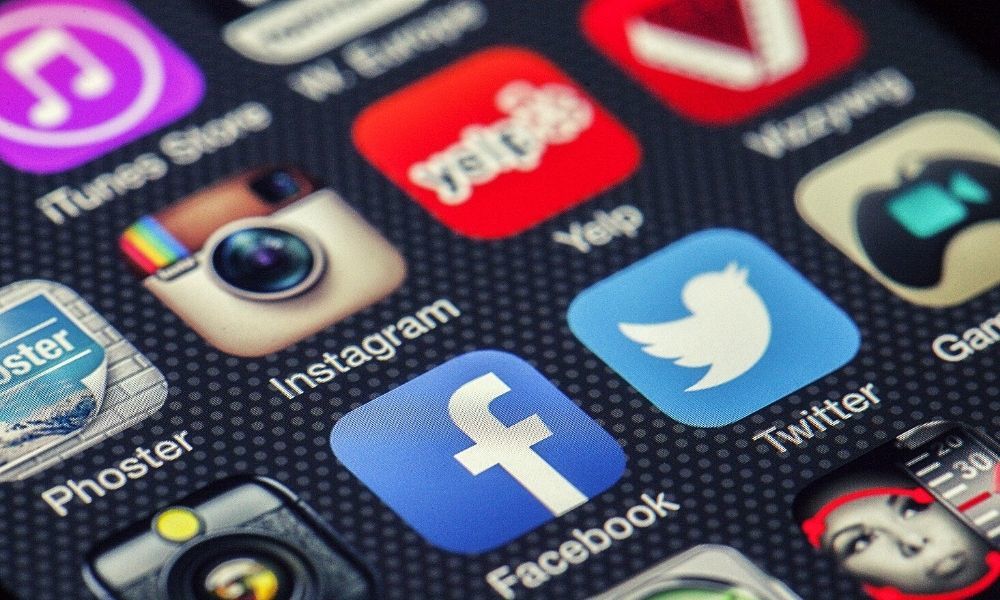The use of social media has grown exponentially in recent years, with millions of people now using platforms such as Facebook, Twitter, and Instagram to connect with friends and family, share photos and opinions, and stay up-to-date with the latest news and trends. While social media has revolutionized the way we communicate, it has also raised several concerns about privacy and security.
The Risks of Social Media

Social media platforms collect vast amounts of data about their users, including personal information such as names, addresses, and phone numbers, as well as information about their likes, dislikes, and habits. This data is often shared with third-party companies for targeted advertising, and can even be sold to data brokers who use it for a variety of purposes, including credit scoring and identity verification.
In addition to these risks, social media platforms are also vulnerable to hacking and cyber attacks, which can result in the theft of sensitive data and personal information. The recent Cambridge Analytica scandal, in which data from millions of Facebook users was harvested without their consent, highlighted the risks of giving away too much information online.
The Importance of Privacy
Privacy is a fundamental human right, and it is essential that individuals have the right to control their own personal data. As the use of social media continues to grow, it is becoming increasingly important to protect our privacy and ensure that our personal information is not being misused or exploited.
There are several steps that individuals can take to protect their privacy online, including being careful about the information they share on social media, using strong passwords and two-factor authentication, and using privacy-enhancing tools such as VPNs and ad-blockers.
The Future of Privacy
As social media continues to evolve, so too will the ways in which we protect our privacy online. In the coming years, we can expect to see new technologies and tools that will make it easier for individuals to control their own personal data and protect their privacy.
One such technology is blockchain, which has the potential to revolutionize the way we store and share data online. By using a decentralized system of data storage and encryption, blockchain can provide greater security and privacy for users, making it more difficult for hackers and cyber criminals to access sensitive data.
Another emerging technology is artificial intelligence, which can be used to automatically detect and prevent potential privacy breaches. AI can analyze large amounts of data to identify patterns and anomalies, allowing users to take action before a breach occurs.
The future of privacy in the age of social media is uncertain, but one thing is clear: it is essential that we take steps to protect our personal information and ensure that we have control over how it is used. By being careful about what we share online, using strong passwords and two-factor authentication, and staying up-to-date with the latest privacy-enhancing technologies, we can help to safeguard our privacy in the digital age.







Comments